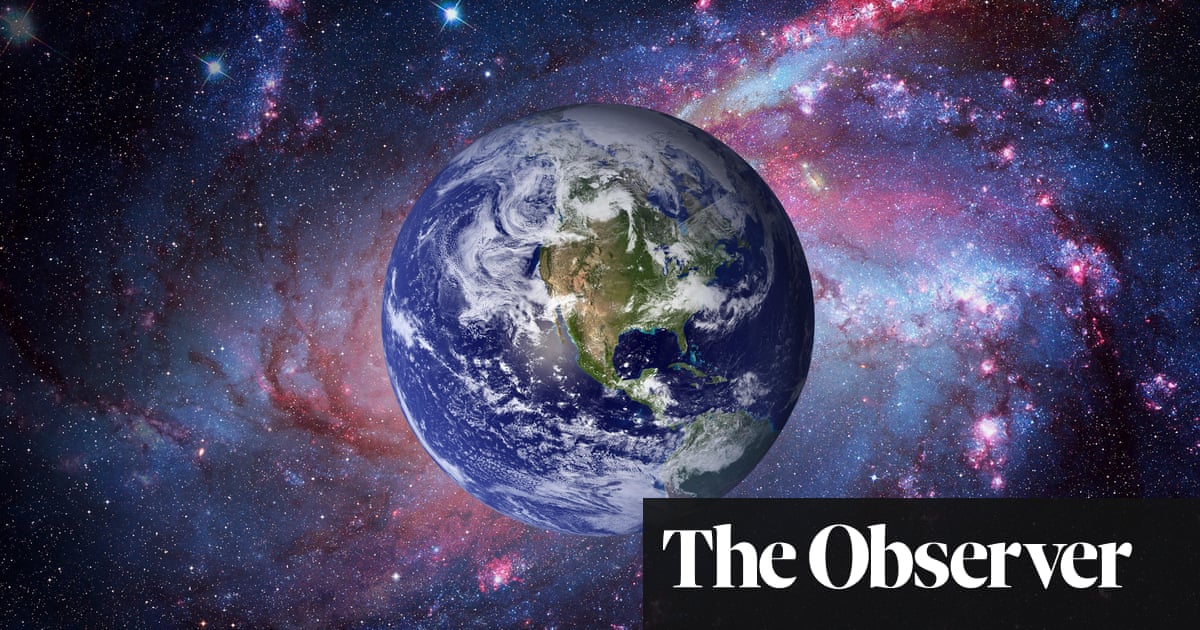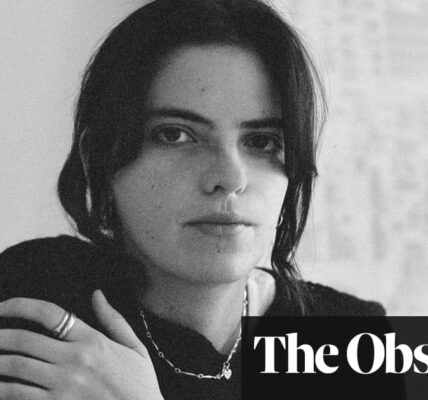
S
Samantha Harvey has written four novels before Orbital, each with distinct settings but a shared focus on her characters’ inner thoughts and how time and memory can change one’s perceptions. Instead of relying on external events, her unique plots delve into philosophical questions about the meaning of life, often from a distant or death-tinged perspective. In her fifth novel, Orbital, Harvey takes this concept to the extreme by following six astronauts (a mix of genders and nationalities) as they spend a day aboard the International Space Station, 250 miles above the Earth.
In orbit, the astronauts are as untethered from time as they are from gravity; in one 24-hour cycle they will see 16 sunrises and sunsets. “You’re bound to Coordinated Universal Time, ground crews tell them,” but up there, in their “great H of metal hanging above the Earth, space shreds time to pieces”. (There are echoes here of Harvey’s acclaimed debut, The Wilderness, in which Alzheimer’s, rather than space, unmoors her narrator from a commonly agreed notion of time.)
Harvey begins her piece by highlighting the unique circumstances of intimacy and isolation experienced by her characters. Despite being physically close, they also maintain a sense of individuality and at times, even share thoughts and inner beliefs. While another writer may have explored the potential for personal conflicts in this situation, Harvey shifts the focus to how each character relates to their mission and the planet they observe. The astronauts are highly trained professionals, carefully selected to ensure smooth teamwork and minimal human error. Pietro, the Italian astronaut, ponders the possibility of robots taking over their jobs in the future, but questions the impact of this on the experience of space. He wonders what it would mean to send creations without eyes or emotions into the vastness of space. Despite the physical toll on their bodies, the astronauts’ ability to feel and connect with their surroundings is essential to their purpose: to not only witness but to love what they witness.
Love brings sorrow. It is the intense longing and necessity, driven by passion, to safeguard this immense yet minuscule planet. This extraordinary and peculiarly beautiful thing. This longing is inherently tied to politics – how could it not be? From where they stand, they observe the advancement of a powerful typhoon as it nears the Philippines; they see the devastation caused by rising tides and deforestation. The Earth is molded by the incredible force of human desire, which has altered everything.
Two recurring images stand out: one is the well-known photograph captured by Michael Collins during the 1969 moon mission, showing Earth in the background. This prompts contemplation on the fact that every human being (except the photographer) was present in that moment. The other image is Velázquez’s painting, Las Meninas, which raises inquiries about the subject and viewer. In this slim novel, Harvey manages to encompass humanity as a whole: our aspirations and limitations, our weaknesses and greed, and our complete reliance on this “wild and melodious world”. Reading Orbital is a disorienting experience; the author paints a vivid picture of daily life on the space station and then zooms out to poetic depictions of the natural world, all while posing profound questions about our role in the universe. It is an extraordinary accomplishment, containing endless complexities.
Source: theguardian.com


